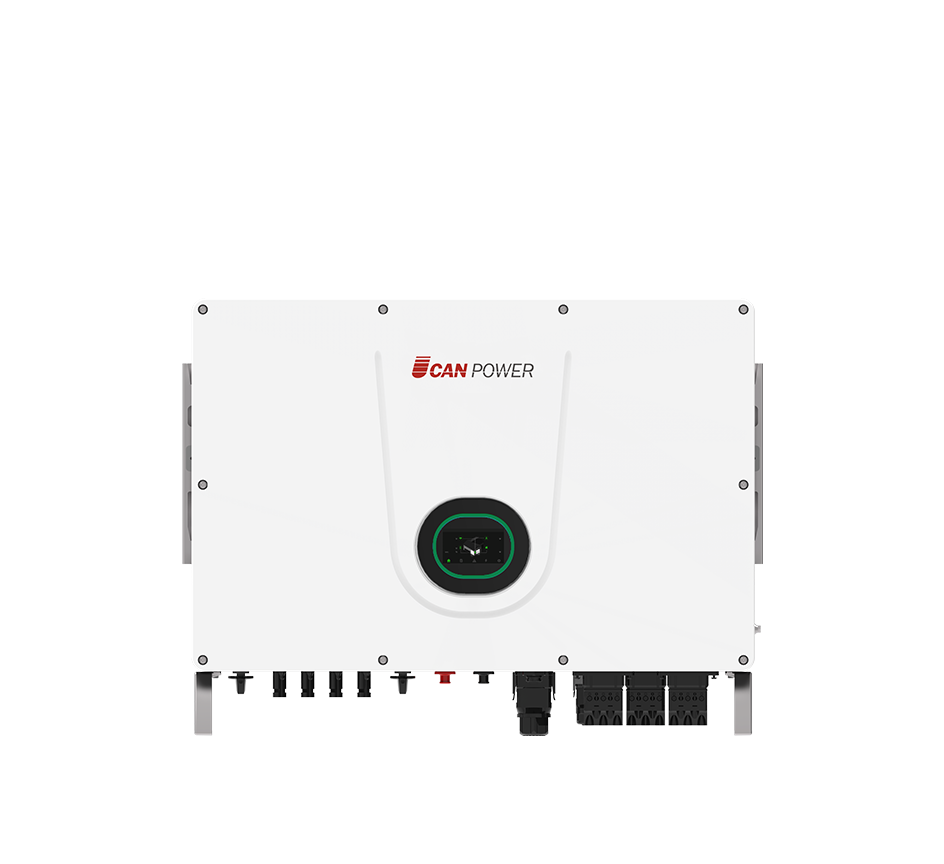Lithium battery home storage is an innovative solution for homeowners looking to reduce their reliance on the grid and increase their energy independence. These systems use advanced lithium-ion battery technology to store electricity generated by solar panels or other renewable sources, allowing users to use this power when needed.
One of the main advantages of lithium battery home storage is its high energy density. Lithium-ion batteries can store a large amount of energy in a relatively small space, making them ideal for home use. They are also lightweight and can be easily installed in basements, garages, or other locations.

In addition to their high energy density, lithium batteries have a long cycle life. They can be charged and discharged thousands of times without significant degradation, which means they can provide reliable power storage for many years. This makes them a more sustainable and cost-effective option compared to traditional lead-acid batteries.
Lithium battery home storage systems are typically connected to a solar inverter, which converts the DC power from the batteries into AC power for use in the home. They can also be integrated with smart home systems, allowing users to monitor and control their energy usage remotely.
Another benefit of lithium battery home storage is its ability to provide backup power during grid outages. In the event of a power failure, the batteries can automatically switch on and supply power to essential appliances and devices, ensuring that homeowners remain comfortable and safe.
Overall, lithium battery home storage is a promising technology that can help homeowners reduce their energy costs, increase their energy independence, and contribute to a more sustainable future.
